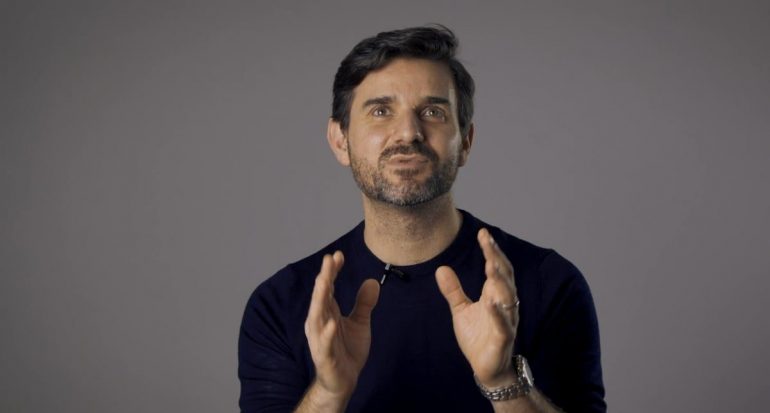COVID-19 is disrupting Canadian business in ways many of today’s founders have never experienced. Startups across the country have been forced to hit the pause button on growth in order to survive this black swan event.
“We all are going to get through this. There’s just a lot of tough things you’re going to have to do.”
As Canada’s federal and provincial governments offer reassurances that the country is financially prepared to help businesses hit hard by the COVID-19 pandemic, questions remain about how quickly the economy can recover. Startups braving these times at any stage of growth can benefit from the lessons of entrepreneurs who have done it before.
Michael Hyatt co-founded BlueCat Networks during the dot-com stock market bubble. The startup survived that financial crisis, as well as the 2008 financial crisis. BetaKit editor in chief Douglas Soltys sat down with Michael Hyatt on a live ‘ask me anything’ to talk about what startups are facing and what founders need to do in order to come out of this unprecedented challenge.
This is not 2008
“This situation we’re in now is more 9/11 than it is 2008,” Hyatt said. “What I mean by that is, we wake up one day and planes hit a building, and it’s suddenly occurring, and then we’re in a situation.”
Although Hyatt said that the banks have two or three times more liquidity than they did in the 2008 financial crisis, he added that COVID-19 has forced companies to stop ‘business as usual’ virtually overnight in order to get through an unforeseen global event.
Just this week, Canada’s monthly jobs report from Statistics Canada found that over a million Canadians filed for unemployment in March and 3.1 million Canadians either lost their jobs or were forced to work significantly fewer hours.
“It’s a nasty shock. We’ve never stopped an economy, and I’ll assure you we’ve never restarted an economy,” Hyatt said. “So think about that when you’re running around your business models right now.”
Adopt a wartime mindset
Hyatt also said over the last few years, startups have benefited from a great deal of liquidity in the system, but things have reversed dramatically due to the ongoing pandemic.
“Cash was trash, everybody could get it somehow,” he said. “Now, cash is king, and it’s turned the other way.”
With this new reality in mind, Hyatt advised entrepreneurs to switch to what he called a “wartime” mindset, meaning any business plan a founder had, be it one quarter ago or even 30 days ago, no longer applies today. He said these older plans were based on the assumption that the business could probably raise another round or could secure debt.
“I think that if your strategy is [that] you’re waiting for things to open up on May 1 or June 1, it’s probably not a great strategy,” Hyatt said. “There’s a lot of unpredictability here.”
RELATED: BDC launches matching investment program for Canadian VC-backed companies affected by COVID-19
“Hope isn’t a strategy, indecision is not a strategy right now, inaction is not a strategy. There’s a lot you have to do if you’re running a business right now,” he added. “But we all are going to get through this. There’s just a lot of tough things you’re going to have to do.”
Hyatt recommends modelling different scenarios going forward, starting with cutting sales projections and then looking to operational expenses to figure out how much time the business has to live.
“If you have plenty of cash, you’re fine on all those scenarios,” he said. “Most people are not.”
“The economy that you’re in is in crisis. You need to be in crisis mode.”
The next step is deciding how to conserve cash, which doesn’t necessarily mean reducing staff, although many Canadian startups have already done so. It could mean renegotiating rent or scaling back marketing. Hyatt stressed that these should not be static strategies and that they must adapt to the ever-changing economic landscape.
Startups can also expect to see higher churn rates, so if a customer is approaching for renewal, Hyatt says to expect them not to renew. Founders should also prepare for higher default rates, because more people will be less able to pay bills, so Hyatt recommends when modelling fewer sales, founders should also model in defaults and churn rates.
Over-communicate
One of the last things Hyatt stressed was that now is the time for founders to “over-communicate,” with their leaders, lenders, staff, and customers.
“You need to be candid and honest, we’re all in this together. Everybody’s in this, there’s no hiding. There’s no shame in this. I mean it,” he said. “We all know what’s going on.”
The full conversation can be watched below.


